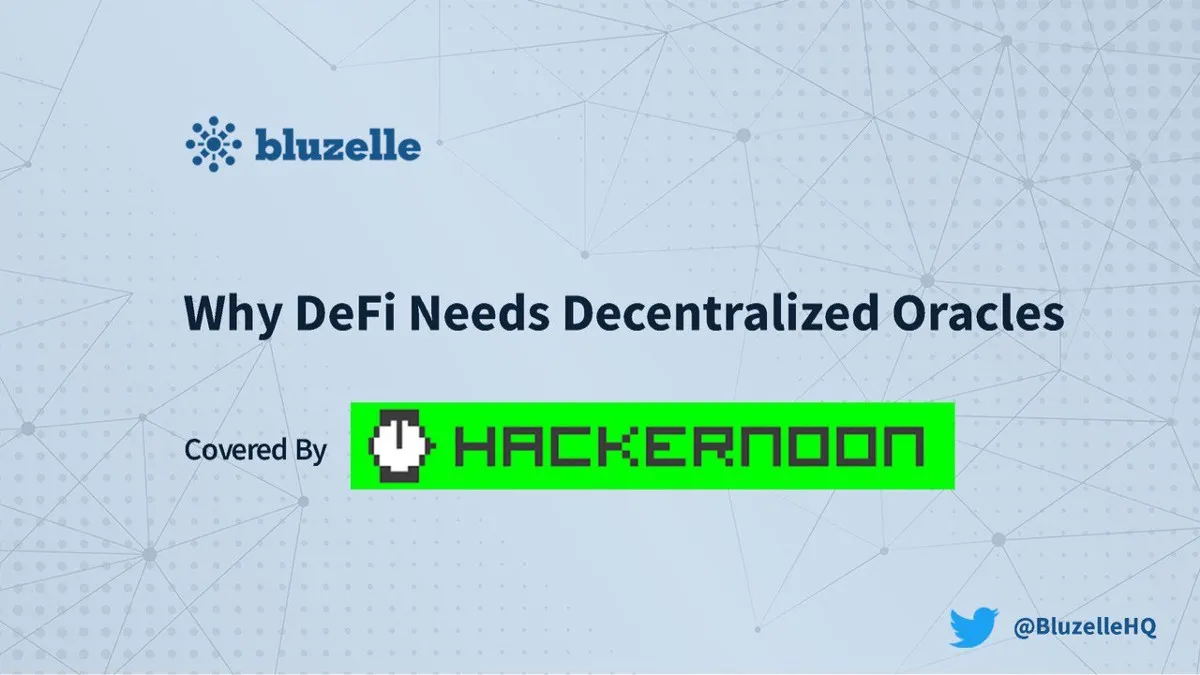Decentralized finance, or DeFi, is a relatively recent variation on FinTech that is seeing a massive surge in popularity. As of the time of writing, there’s over $12.4 billion of value locked into DeFi, which is an enormous jump up from the $547 million it held a year ago.
DeFi has the potential to solve many persistent financial problems, such as giving the world’s huge unbanked population access to services they need. In 2017, when the most recent FDIC National Survey of Unbanked and Underbanked Households was carried out, 6.5% of households in the US, or 8.4 million, were found to be unbanked. An additional 18.7%, or 24.2 million, are underbanked.
_DeFi also promises to introduce transparency into financial processes. This would enable people and businesses to access loans more easily. It could clean up the insurance trade. It might even help to ensure that individuals’ assets can’t be seized or raided by controlling parties, which is basically what happened to scores of UK pensions two years ago. _
But while DeFi may seem like God’s gift to banking, it’s still a relatively new development. It’s not so surprising that a number of weak points still need to be resolved. One of the biggest issues is the question of oracles, which play a key role in every decentralized finance platform and transaction.
Why Does DeFi Need Oracles?
DeFi products are powered by smart contracts, which allow transactions to take place autonomously when certain conditions are met. Smart contracts are made up of blocks of code that live on the blockchain and run in decentralized apps, or dapps, to execute financial activities, according to the logic set up by the developer.
So for example, a DeFi trading platform could have a smart contract that sells stocks in Coca-Cola whenever the price per share tops $55 and buys more whenever it dips below $50. A sportsbook platform’s smart contract could pay out to betters whenever the Yankees win at home.
There’s no human decision-making – everything is automated by smart contracts. But smart contracts need just one thing to make everything work: verifiable data. “Oracle” is the name given to an interface that pushes data from any source into the smart contracts, so that they can do their job.
The Challenges of an Effective Oracle
Like all automated processes, smart contracts (and thus DeFi platforms) rely on accurate data. Once a blockchain payment has been actualized it can’t be undone, so if an oracle pushes inaccurate data to the smart contract, the money will be sent to the wrong place, and there’ll be nothing that anyone can do about it.
With so much at stake, malicious actors are bound to try and manipulate or corrupt the data to achieve their own ends, as well as the ever-present concern that a platform could use false data through a simple accident. For this reason, oracles aggregate data from multiple sources.
_But accurate tends to mean slow, and in the world of finance, the fastest mover has the edge. Trading platforms, for example, can’t afford to wait when prices change every millisecond. DeFi platforms are therefore often forced to choose between accuracy and speed. _
Centralized oracles have high latency in data retrieval, sometimes taking days or weeks to return accurate data. Additionally, while they are well protected from hackers, they do have a single point of failure, in that if someone controls the oracle they can also control and manipulate the data it delivers.
In contrast, decentralized oracles are popular for their speed, but they are highly vulnerable to “game theory attacks” and data corruption. Do DeFi platforms have to choose between the lesser of two evils?
#hackernoon-top-story #oracles #defi #smart-contracts #fintech #game-theory-dynamics #ethereum #decentralization
